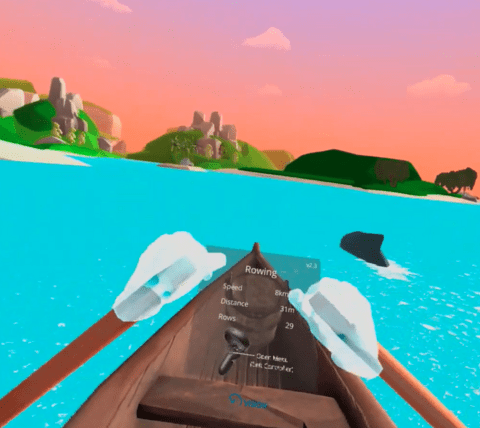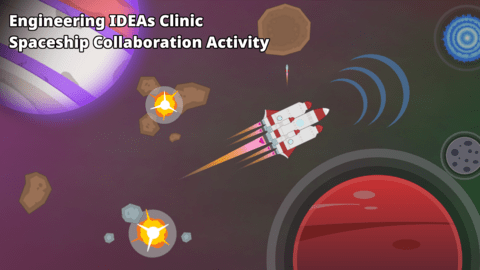Research during COVID-19: VR Exergames for Older Adults Living with Dementia, ft. John Muñoz
The COVID-19 pandemic has greatly impacted the research landscape. In this series, we explore how our community is navigating their daily lives and innovating to adapt their research and collaboration techniques.



